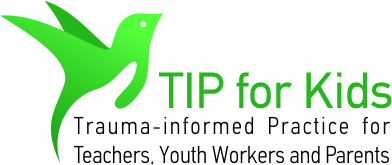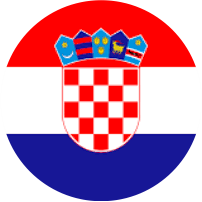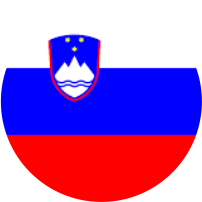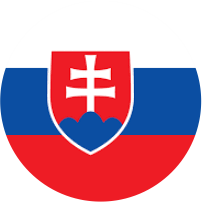Our project addresses several important needs in order to support children and young people who may be experiencing PTSS. These needs include:
- Awareness and recognition: Teachers, trainers, youth workers and parents need to know more about how common post-traumatic stress disorder (PTSS) is in children and teenagers, and how it affects them. Many people working with or caring for children do not have the right knowledge to spot the signs.
- There is a need for training in trauma-informed practices in different settings, including education, youth work, and parenting. This means understanding how trauma affects behaviour and learning to adjust approaches to be more supportive and less likely to retraumatize individuals.
- Practical guidance and strategies: Professionals and parents often need specific strategies to support children with PTSD. Guidelines and case studies provide valuable insights into real-world applications of trauma-informed practices. They show examples and the best ways to deal with different situations.
- Accessibility of information: We will develop resources like mobile applications, chatbots, and podcasts which meet the need for easily accessible, user-friendly products that provide immediate support and guidance.
- Tailored support and intervention: Children and young people affected by trauma have different needs and these need different approaches. The project provides personalised support by offering a range of materials and interactive training that can be adapted to individual circumstances.
- Safe spaces and support structures: We will show how to create environments that are safe and supportive for traumatised children, such as physical spaces that minimise triggers and emotional support structures that provide stability and understanding.
Target Group
The target groups for our project include:
- Teachers and educators are crucial. They interact with children daily and can spot changes in behaviour, learning performance and social interaction that indicate trauma.
- Youth workers and trainers work closely with children and adolescents outside of the classroom. This could be in after-school programmes, sports teams or youth clubs. They provide support and safe spaces for young people.
- Parents and caregivers are also important. This target group includes biological parents, adoptive parents, foster parents, and other primary caregivers. They have a direct and profound impact on children's lives. We will equip them with trauma-informed parenting techniques. These techniques will help create a supportive home environment.
- Child and youth advocates are individuals or groups who work on behalf of children's rights and well-being. This includes social workers and counsellors. They can benefit from specialised knowledge in identifying and addressing PTSS.
- School administrators and policy makers: In the deployment phase, we will reach those in positions to influence educational and organisational policies. This target group can use our guidelines to implement systemic changes that support trauma-informed practices within institutions.
Finally, healthcare professionals: Doctors, nurses, and mental health professionals who may encounter children with PTSS in their practice. We are confident that these professionals have received adequate training in trauma-informed care, but we firmly believe that they will find our additional resources extremely useful in supporting these children – or their parents – effectively.
This project is a follow-up to two ERASMUS+ projects that were awarded the EPOS good practice label by the Belgian Erasmus+ National Agency. Visit the websites to find out more.
You can access the training resources and mobile apps here:
https://training.trauma-informed-practice.eu/ and https://onlinematerial.posttraumatic-integration.eu/

 English
English French
French Greek
Greek German
German Ukrainian
Ukrainian Croatian
Croatian Slovenian
Slovenian Slovak
Slovak Dutch
Dutch
